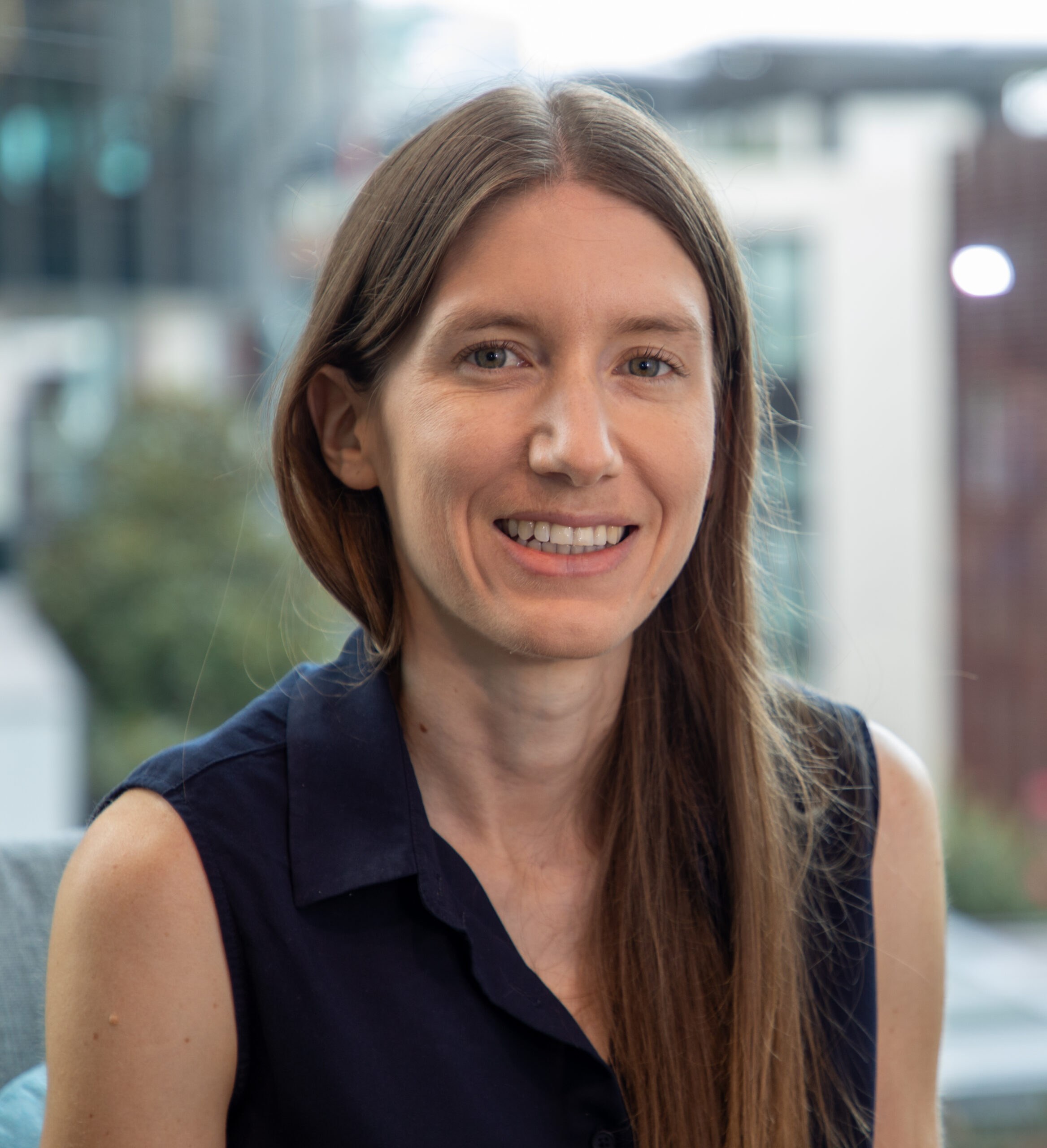Born in Newcastle, Australia • Studied Advanced Mathematics at the University of New South Wales in Sydney, Australia • Highest Degree PhD in Computational Neuroscience from Cambridge University, UK • Lives in Sydney, Australia • Occupation Data Scientist
From as early as I can remember, I was always interested in maths and numbers. My grandad used to tell the story of me as a young child adding up the numbers on the back of buses on the way to pick up my sister from school. At school, maths was my favourite subject and something that I found came easily to me. When I finished high school, I really didn’t have any clear idea of what I wanted to do as a career, which made picking a university degree difficult. I wanted to do something where I felt like I was positively contributing to society, and a job in a medical field seemed like an obvious choice. For a while I considered medicinal chemistry, but being in a lab was never very appealing to me. In the end I decided to study something I knew I enjoyed, and so I enrolled in an advanced mathematics degree. My parents were quite confused why I didn’t choose a degree with a defined profession such as medicine or law, and questioned me about what kind of career I could have after studying mathematics. I didn’t have a good answer for that, but felt confident that if I did something I enjoyed, the career aspect of things would work itself out later.
(…) My grandmother was suffering from Alzheimer’s disease, so the possibility of making a contribution in that area by studying the brain was very appealing.
In my second year of undergraduate study I discovered the subject of biomathematics, which involves using quantitative methods to study the biological world. I found it really interesting, and ended up doing my honours project in the field, modelling molecular diffusion in cells. When I came to the end of my degree, however, there still wasn’t an obvious career path for mathematics graduates. Careers days were dominated by financial institutions, and I ended up accepting a position as a quantitative analyst at a large investment bank. It only took me a few months to realise this wasn’t the right path for me, and I started looking for other opportunities. I’d enjoyed the research aspect of my honours year, and so thought a PhD in a field like biomathematics could be a good option. There wasn’t much research happening in Australia in this area, but I read a lot coming out of UK universities such as Oxford and Cambridge. Coming from Australia, I’d never imagined that I would be able to get into such prestigious universities, but decided there was no harm in applying. At that time, my grandmother was suffering from Alzheimer’s disease, so the possibility of making a contribution in that area by studying the brain was very appealing. I managed to find a supervisor at Cambridge University working in the field of computational neuroscience, and was lucky enough to be accepted into a Wellcome Trust programme that would fund my PhD in that area.
I greatly enjoyed my time studying in Cambridge, and met a lot of interesting people. One thing I noticed was that although there were many talented female PhD students in the mathematics department, I met almost no female postdoctoral researchers. I believe the impermancy of contracts and often frequent relocation involved in the early stages of an academic career are aspects which turn women off pursuing academics, particularly those who want a family. These were certainly factors that influenced my decision not to continue in academia, and at the end of my PhD I instead looked for opportunities in industry back in Australia.
(…) Choosing to study mathematics has given me fundamental skills in logical reasoning and problem solving which can be applied across many industries and careers.
I spent a year working as a data scientist at a neurotechnology startup in Sydney, but found that the company’s small size meant that it was difficult to produce any meaningful insights with the limited amount of data available. I also realised that I was more interested in working on challenging and meaningful problems from a mathematical perspective, rather than their precise applications. These factors lead me to take a position outside neuroscience, at an aerial imagery company called Nearmap. I’ve been working there for over two years now, helping build models and systems for automatically detecting objects in aerial imagery. I’ve greatly enjoyed my time there, and have been lucky enough to work with a number of talented women within the artificial intelligence team.
If there’s any advice I would give young people choosing what to study, it would be to do what you enjoy and are passionate about, and don’t worry too much about a degree’s application to a career path. My job today isn’t something I would have imagined doing while at university, at which time the field of machine learning as it is today barely even existed. Technology advances so rapidly that it’s impossible to predict what the most exciting and important careers might be in the future. However, choosing to study mathematics has given me fundamental skills in logical reasoning and problem solving which can be applied across many industries and careers.

